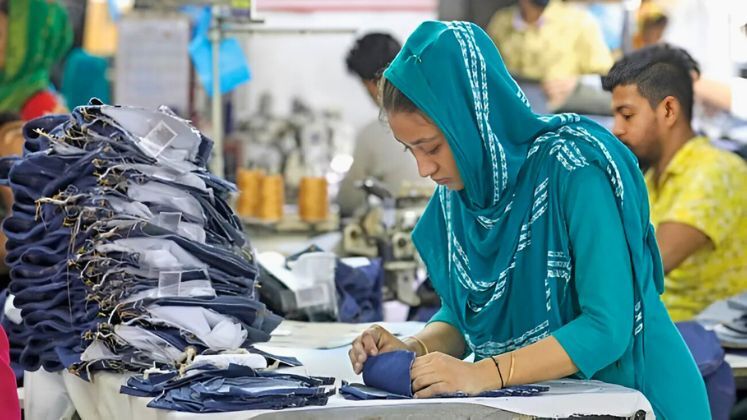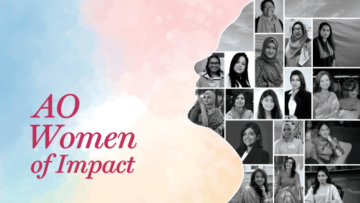
The United States has called on Bangladesh to align its labour laws in the garment sector with international standards, emphasising the need for significant legal reforms. This push comes as part of the 2025 Trade Policy Agenda and the 2024 Annual Report released by the Office of the United States Trade Representative (USTR).
The USTR acknowledges strides made by Bangladesh in improving worker safety over the past decade but insists that further reforms are necessary to ensure compliance with global labour standards. During an intersessional meeting of the US-Bangladesh Trade and Investment Cooperation Forum Agreement (Ticfa) Council held in Dhaka on 21st April 2024, the US presented a Labour Action Plan aimed at addressing critical issues such as violence and harassment, unfair labour practices, and the rights to freedom of association and collective bargaining.
Key among the recommendations is the need to amend the Bangladesh Labour Act to meet international benchmarks and to establish a fair and transparent minimum wage process for garment workers.
The US’s concerns about worker rights in Bangladesh’s garment industry stem from the aftermath of the Rana Plaza disaster in 2013, which led to the suspension of Bangladesh’s Generalized System of Preferences (GSP) trade benefits. In 2024, USTR officials conducted discussions with government representatives, trade unions, NGOs, and apparel manufacturers in Dhaka to focus on necessary labour reforms within the ready-made garment (RMG) sector.
In addition to advocating for a fair minimum wage review process, USTR has worked closely with US apparel brands and trade associations to promote workers’ rights and safety in Bangladesh’s garment industry. The US remains committed to enhancing labour rights globally, collaborating with trading partners to enforce trade-related labour provisions and implement the Uyghur Forced Labor Prevention Act, which prohibits the import of goods produced under forced labour conditions.
As part of ongoing efforts, USTR has also engaged with textile and apparel brands to promote sustainable practices and enhance worker safety within the garment sector in Bangladesh.






